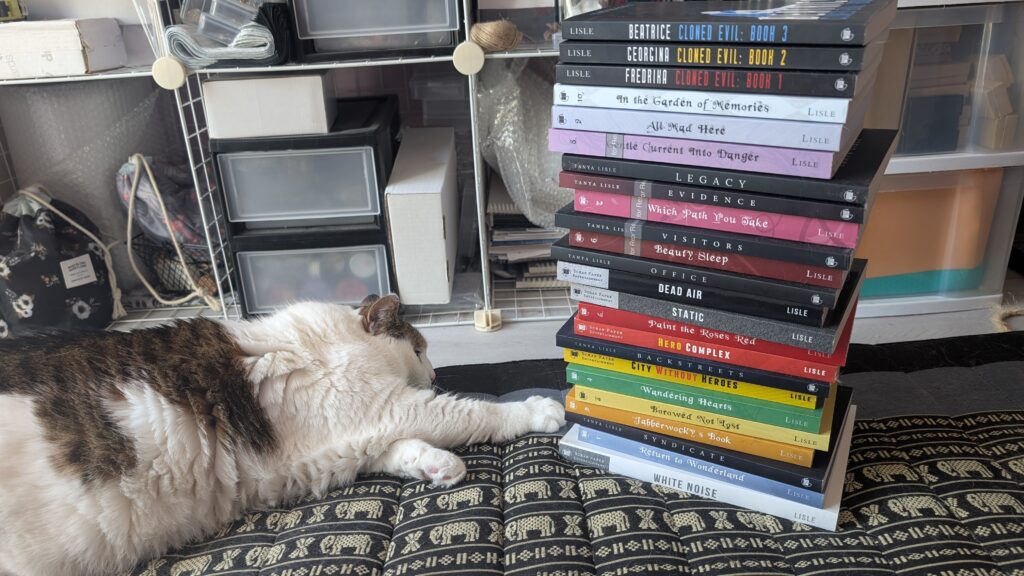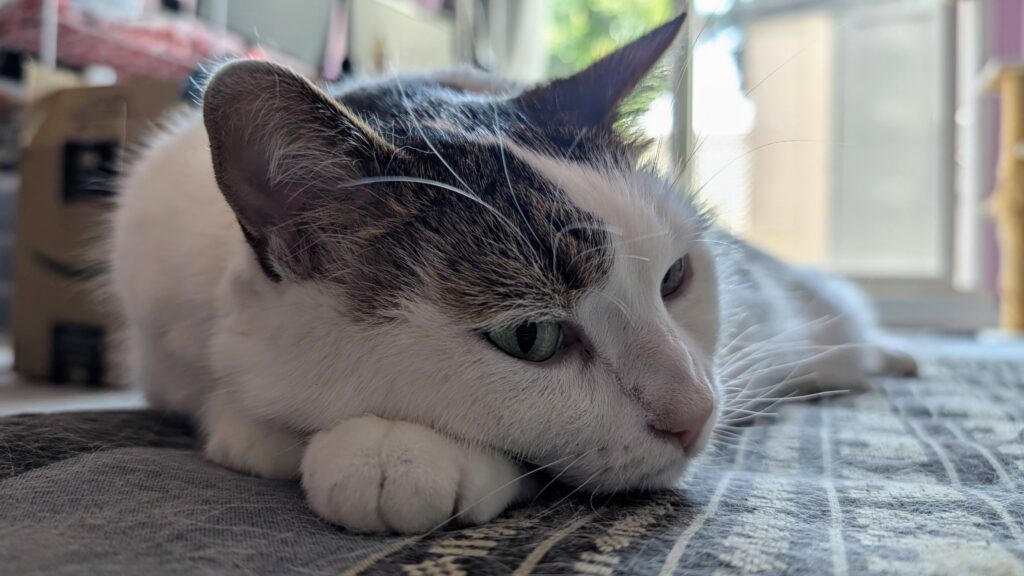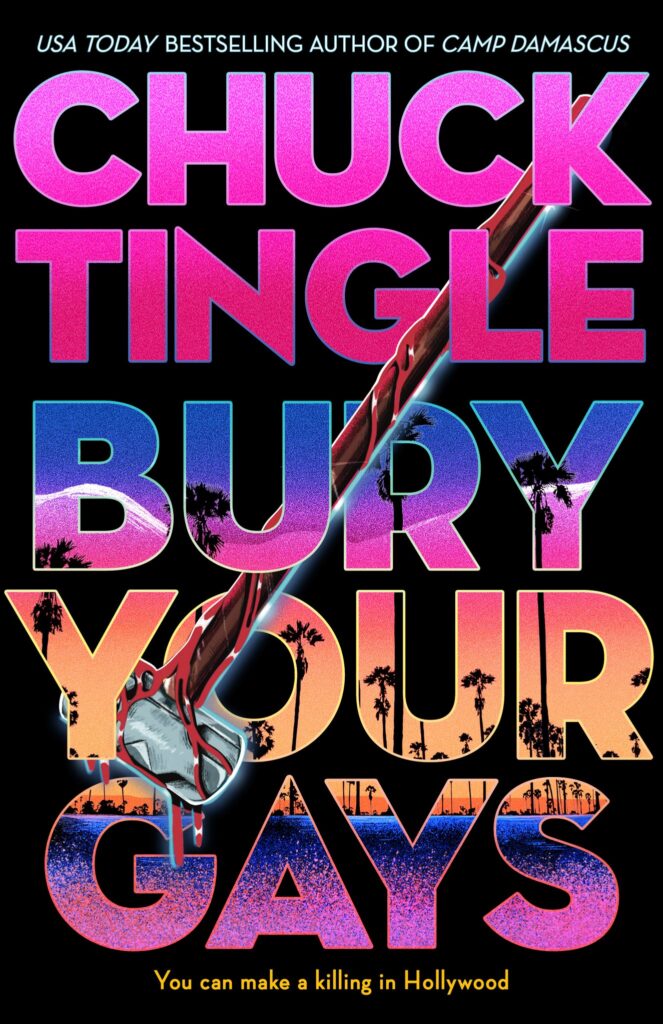First off, I know it’s October. This is, however, the time of year where advent calendars start coming out and I love an advent calendar. Companies rebranding their overstock as little surprises leading up to Christmas to recoup their costs before they put these items on sale and putting it in custom packaging is a grift that I am 100% for. I enjoy a little surprise with fancy packaging, and it’s a fun way to check out a new business that I’m not familiar with.
Also, I just can’t do a lot of things these days and an advent calendar is a holiday experience I can handle.
Which brings me here. This is going to be a living document, updated throughout October, of advent calendars that I am considering for myself. I’ll update it as I find interesting ones, though probably won’t mention which of these I actually get until later.
The criteria
I’ve been doing this for a few years, so I have things I’m now looking for in an advent calendar.
- 24/25 day calendars. There are a lot of 12 day calendars out there. My brain is not that good anymore. I’m not going to do that math. I will forget to start them, so for simplicity we’re going for the full month leading up to it.
- No chocolate-a-day calendars. The most common type of chocolate advent calendar is a chocolate-a-day calendar. Either it is the same three or four types of chocolates cycled through a month like Purdy’s or Chez Christoph, or a different truffle every day like in the case of Cococo Chocolatiers or Chocolats Favoris. I’ve done these for a while and I’m looking for something a bit more. Show me what else your company/store has to offer besides truffles!
- The more expensive, the less surprising. If I’m dropping a lot of money on a calendar, I do want some assurance that it will be worth it. I don’t need to know specifically what is in the calendar, but I do want to at least know that the items are going to be something I want.
- Preference to Canadian small businesses. Even before the everything, I have been preferring Canadian businesses for this for a while. I will lean toward BC and Vancouver if I can find it. I will go outside of Canada if something looks interesting enough.
- If there’s multiple options, go for the one I haven’t tried before. I have done David’s Tea many times. I did Squish and Life is Sweet and many others. While I like all of them, I also really want to try new things as much as I can each year.
- Something I will enjoy. This is probably obvious, but I want to have a calendar that I am going to enjoy.
The categories
- Chocolate or Candy
- Pastry
- Drinkable
- Stationary
- Wildcard
Chocolate or Candy
La boîte à bonbons
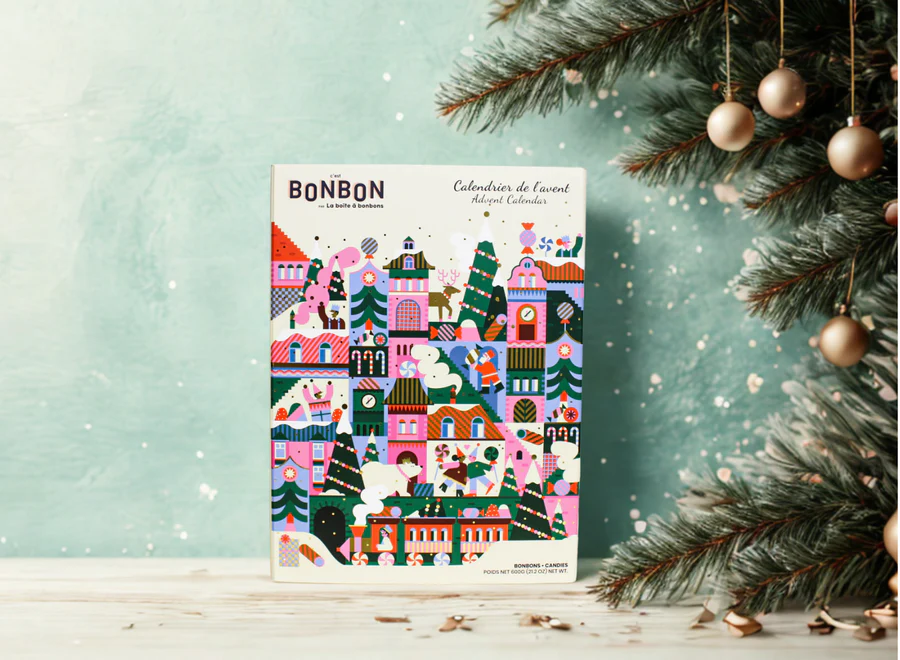
Though I’m not entirely certain, this does look like a candy calendar that has more than a single bonbon in each of the drawers. I’ve seen it a few years now and this might be the year.
This company also has the bonus of offering a DIY kit, which is just last year’s candies to put into your own calendar. Which, well, I have a bunch of old calendars…
Sugar Cube

Every time I have looked at this site, I get instantly distracted by the fact that they have not only a candy truck, but a corporate candy section. It’s been a year or two since this one’s been on my radar, but it’s back now.
Squish
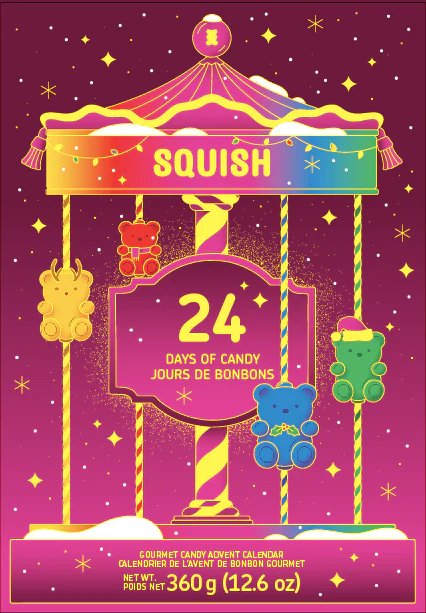
I’ve done these ones before, but I really liked Squish last year. The packaging was really nice, especially given the art hinted at what was behind each door and inside was a clear label to let me know exactly what the candy was. And, you know, the gummies were also really good.
Life is Sweet
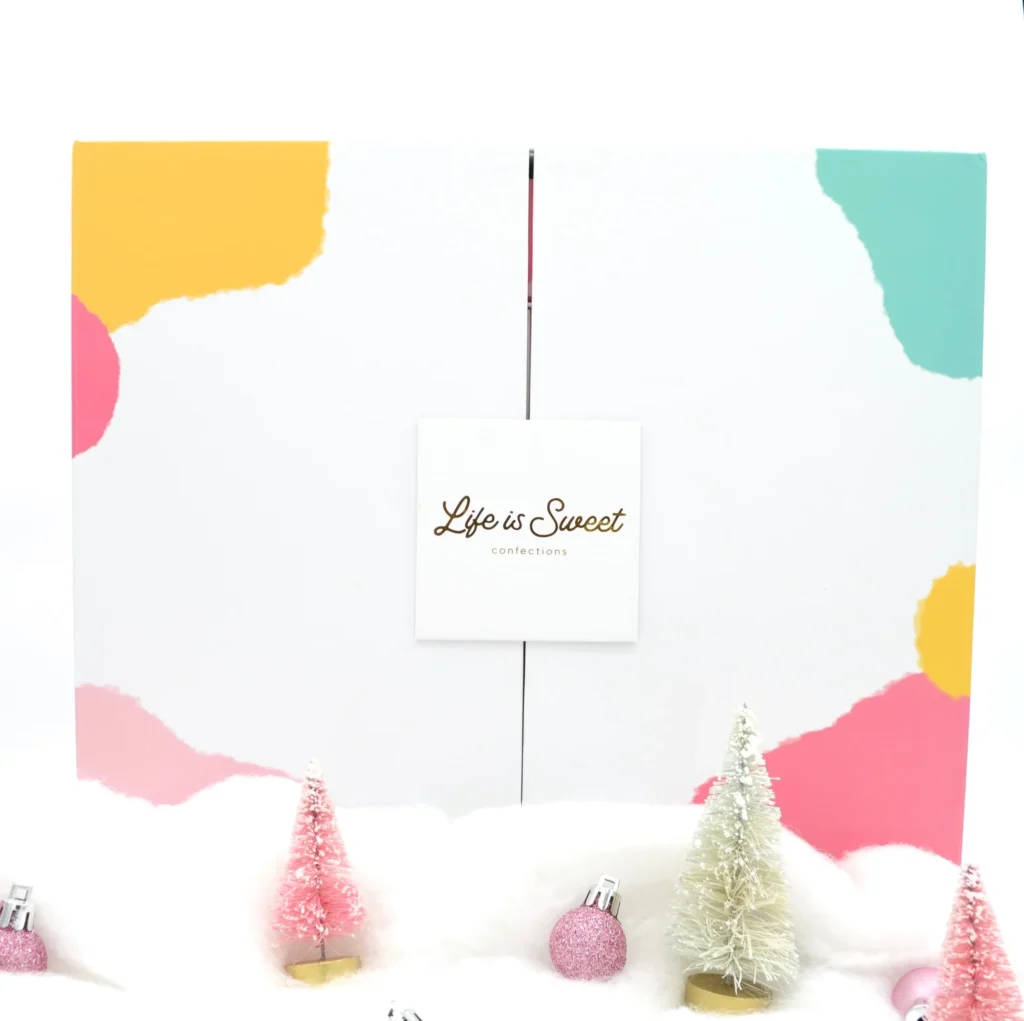
This is another one that I’ve done before, but I really enjoyed it! It’s a little pricier, but on top of a few truffles, there were also other products in both sample size and full size throughout the month. These ones also have a refill pack, which is good because I still have the box 1Which is surprisingly sturdy! The cardboard is thick and honestly the highest quality of the advent boxes I’ve gotten since I started doing this from last year!
Pastry
Hello Dolly Pastries
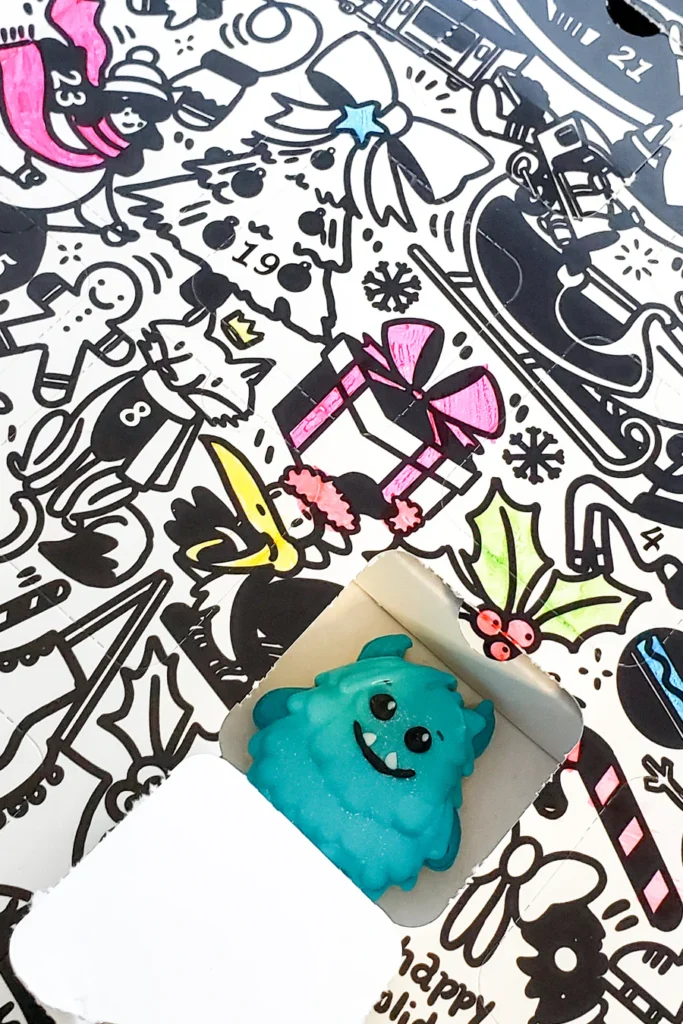
I have seen people very excited about these cookies, but after looking on the site I do have one main concern. Cookies tend to go stale and, while the eco-friendly packaging is great, I am not sure how fresh these cookies will be by the end of the calendar. Still, might still try these ones.
Just a Little Bit Cookie
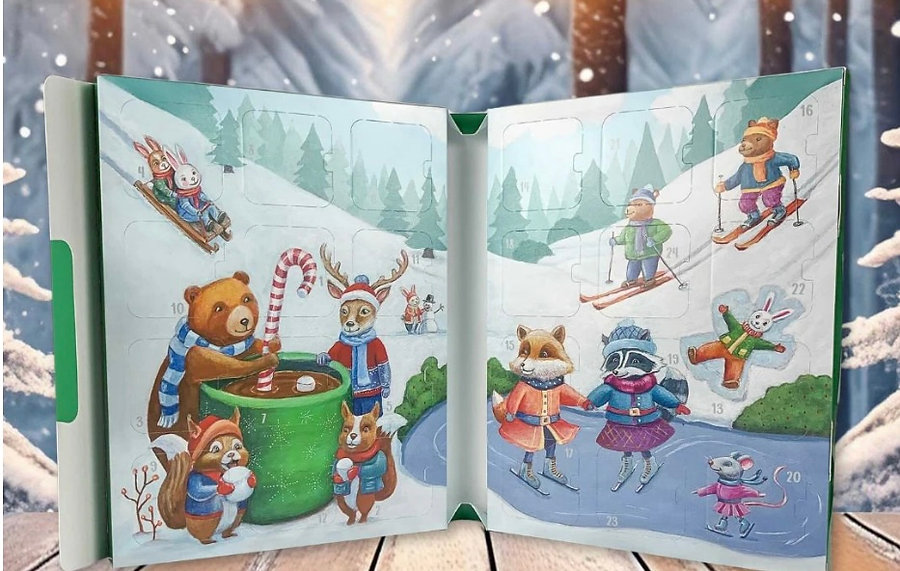
Looking at the packaging, I have the same concerns about freshness but also I think this one might have more flavour options given the price point of the advent calendar. Might be wrong, might only find out one way!
Flapjackery

I always thought flapjacks were pancakes, but it looks like I was incorrect! Given that this is a UK company, though, I’m not actually sure if they ship to Canada, nor am I sure I want to pay that much to find out what they are for the first time.
Drinkable
Bush Berry

I love the idea that this is two cups! That means I get a morning and an evening cup out of this one. My only concern with this one is I’m not sure if it’s 24 pouches loose in the box, or if it’s actually formatted like an advent calendar where each day is a surprise.
Vintage Fork
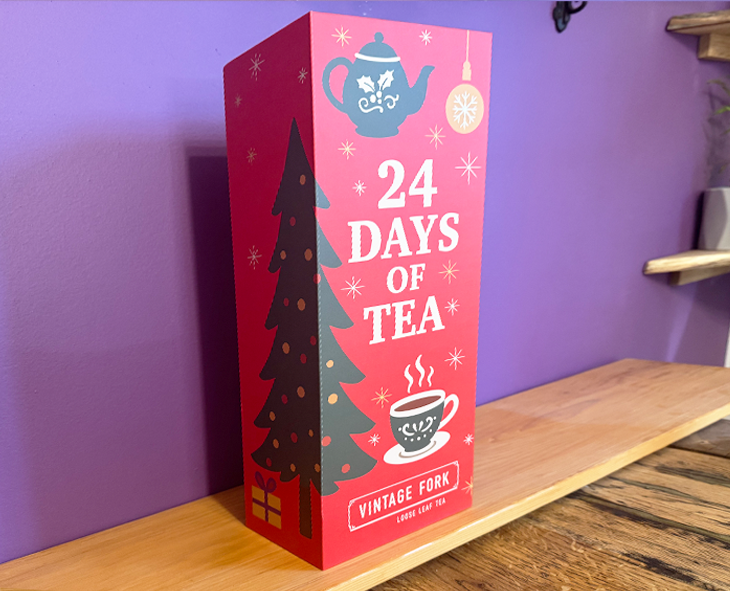
That packaging is so pretty. The bonus is also very enticing, given how big it is compared to the tea bags. It is, however, a lot more expensive than most of the other tea options I’ve seen.
Stationary
Papier

Stationary advent calendars are so expensive, but also Papier is one of those ones I end up staring at every year and thinking real hard about. It’s just a matter of whether or not I will actually use all of the items inside.
Cult Pens
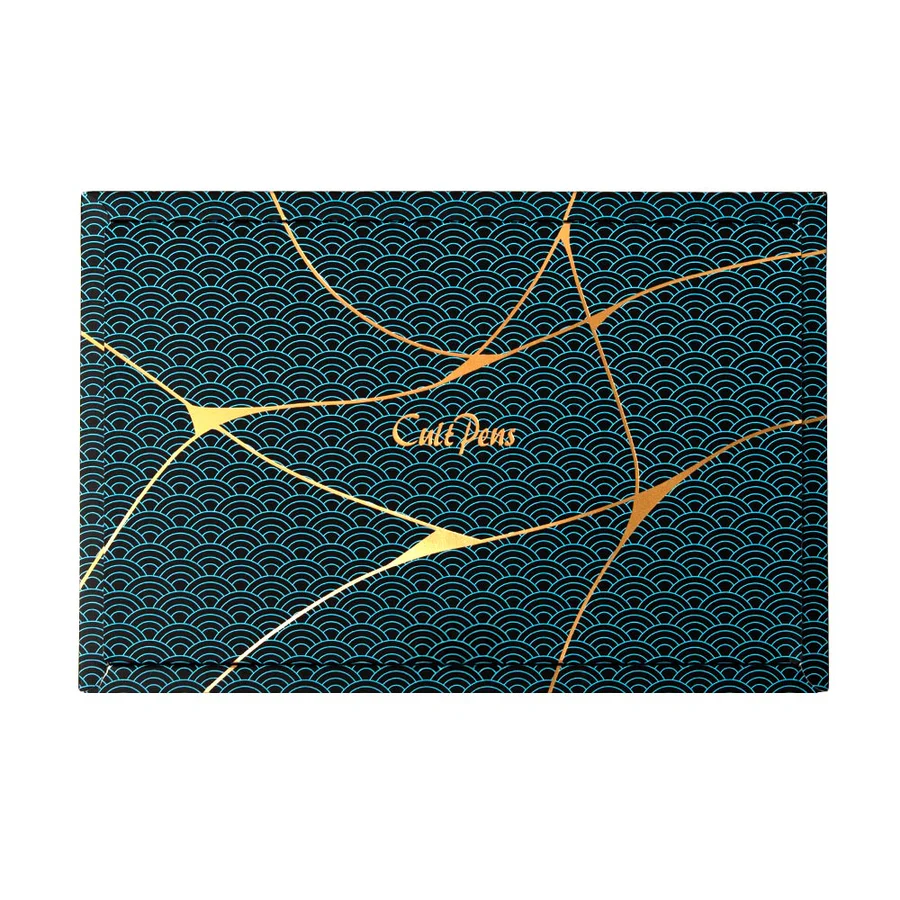
This is another one that I’ve looked at year over year. I’ve heard such good things, and the list does look like I’ll actually use a lot of the items inside of it.
Diamine
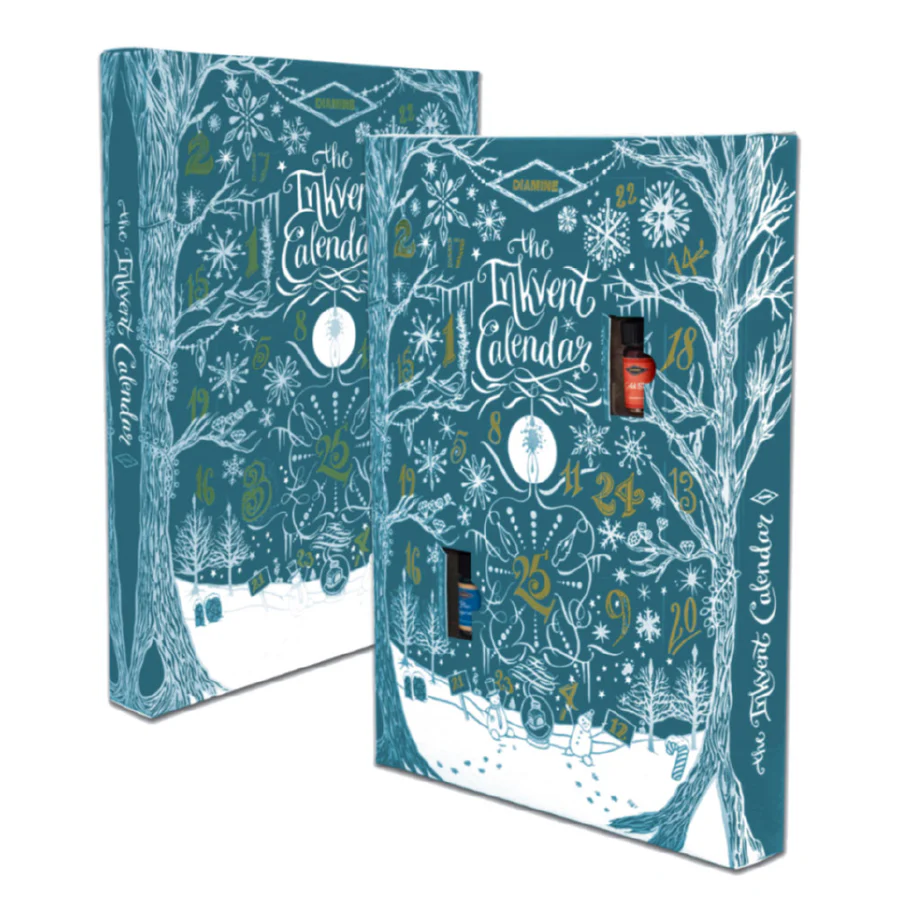
I’m a fountain pen girl. I have a collection of fountain pens, which makes a ton of cool inks seem like a great idea. I am also a creature of habit, so I’ve hesitated every year on this one because I just don’t know if I will leave my comfort zone to actually use new inks!
Kinda Kawaii
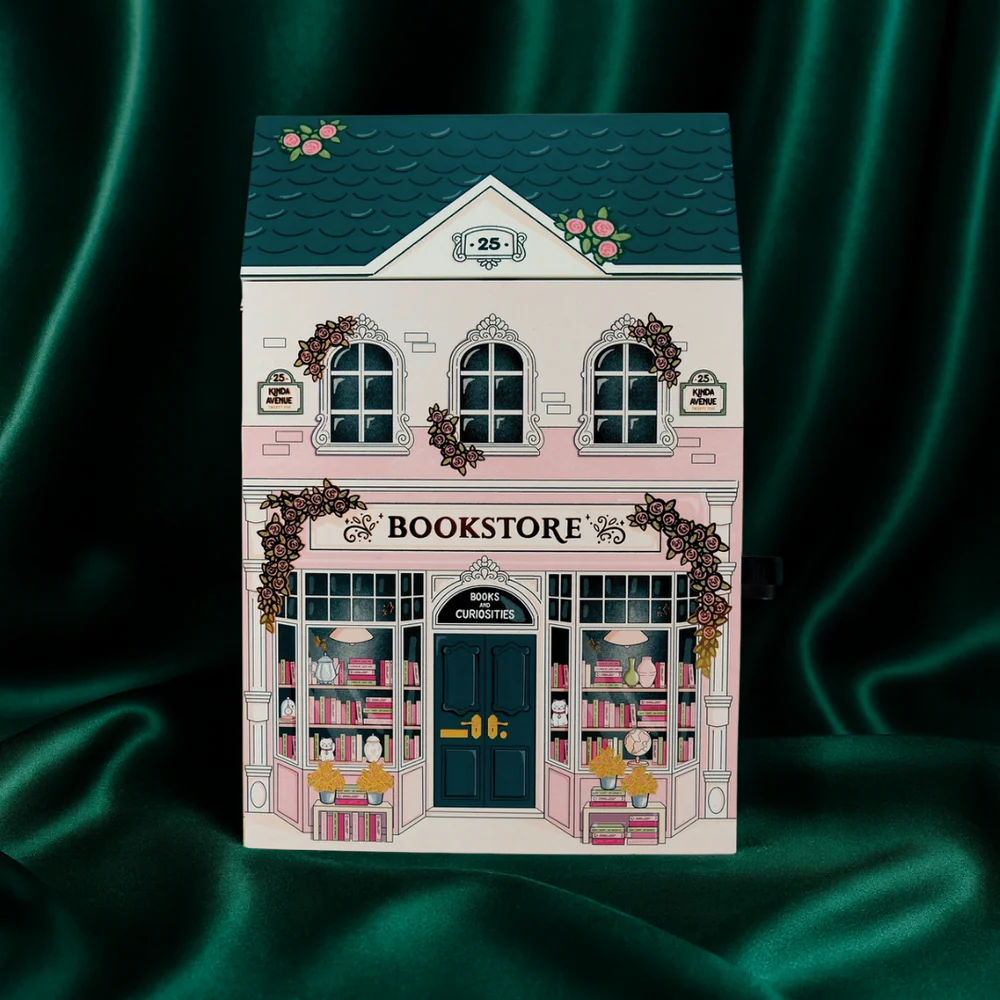
This looks so cool and like I could repurpose the box for something fun in the future. The problem is that at this price point I need full spoilers and there just isn’t enough to let me know if I will use everything inside to make it worth it.
Wildcard
Catcouver

A cat advent calendar for my little menace would be so much fun! The trouble is, of course, that Remy is very picky about everything so I’m concerned that this will result in a lot of days that are not used. I do, however, have several other cats in my life who are less picky, so it’s in the running.
Hingston and Olsen
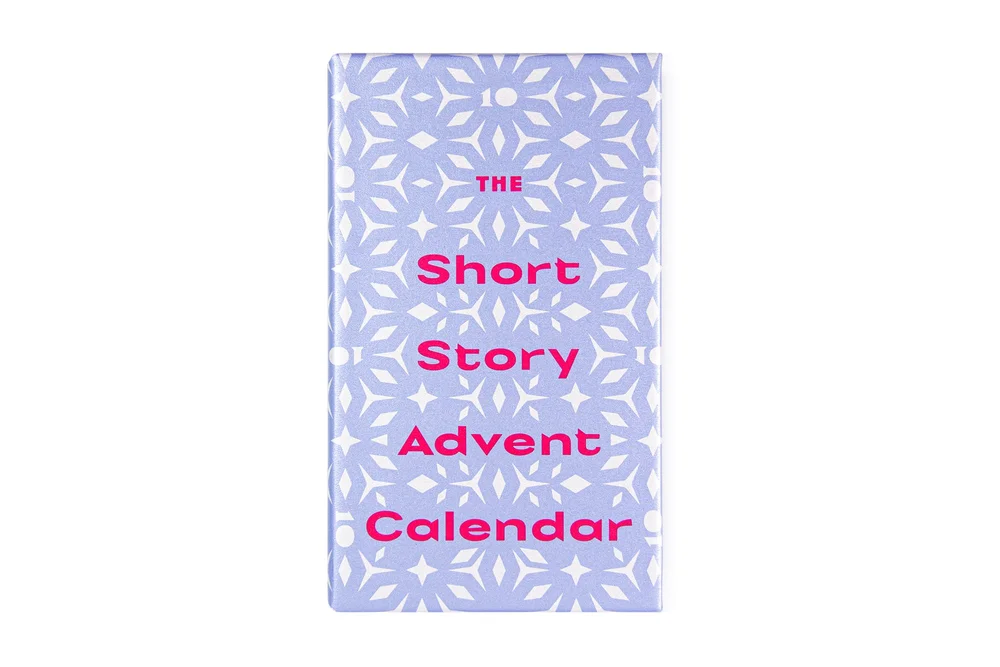
I don’t actually know if they’re releasing one this year, but the idea of a short story advent calendar just sounds like so much fun. I do enjoy a short story, so getting one a day to read in the evening with a cup of tea and some snacks sounds like a lovely way to spend the evenings.
Reverie Puzzles
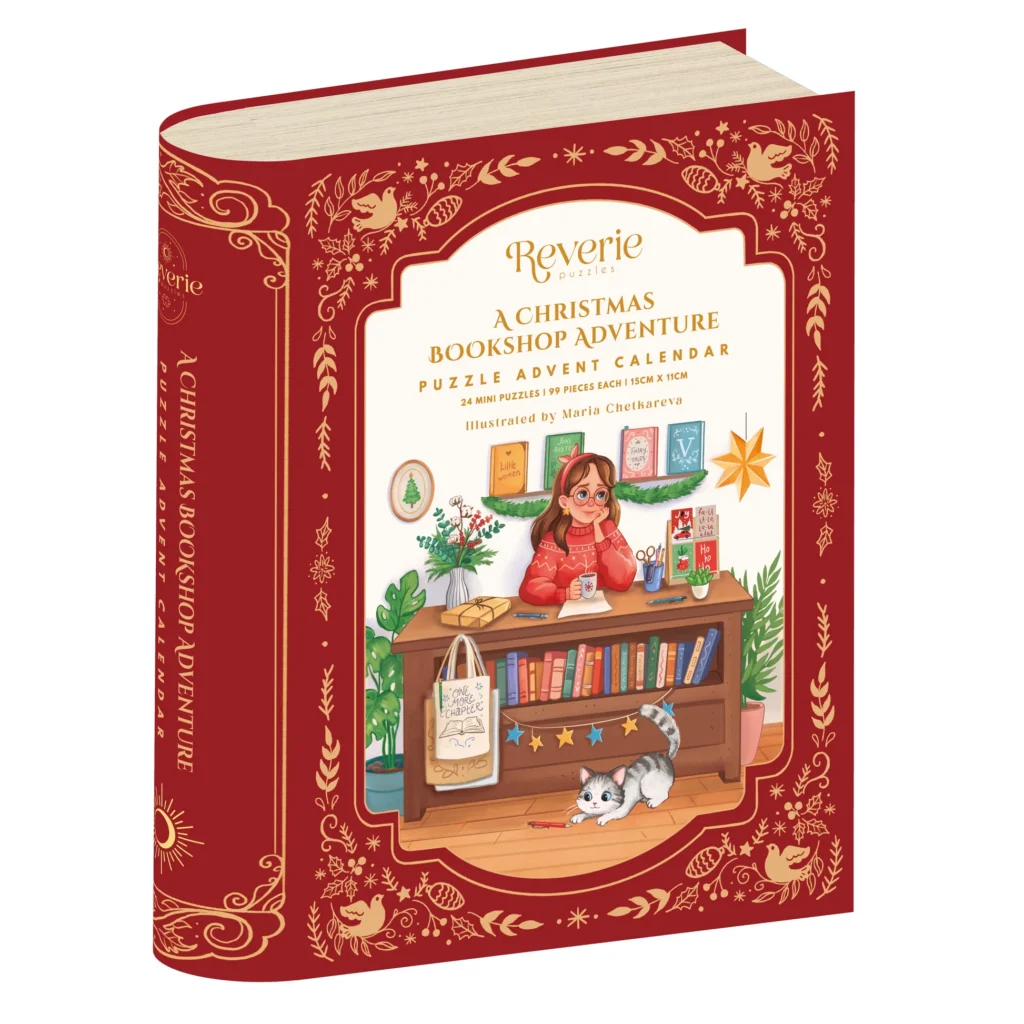
I have not been doing many puzzles because I don’t know what to do with them once I finish them, but this one looks so cute. The idea that each day is a puzzle that reveals another part of a story too? I am enticed.
Evoolution
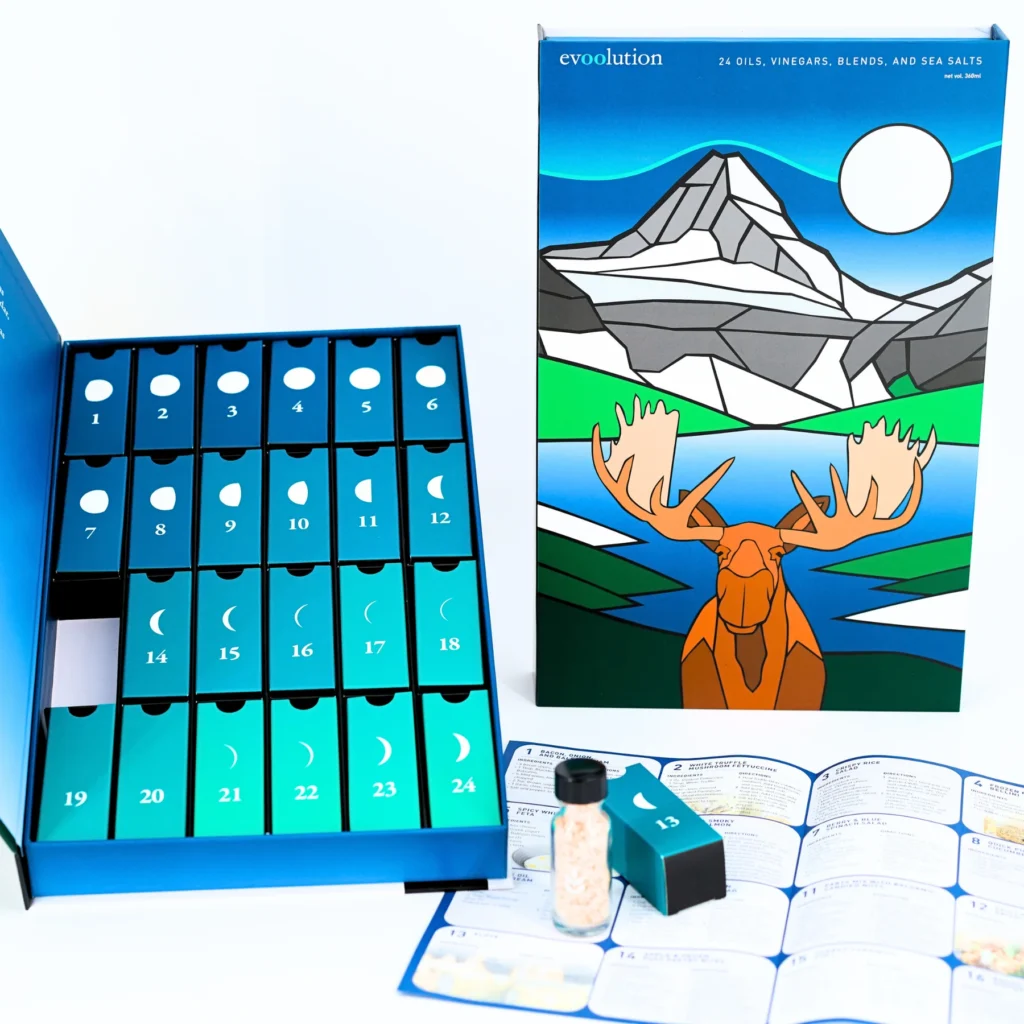
I cook more than you’d think, and this one sounds like it could just be a lot of fun. I don’t do much with vinegar specifically, but the idea that this also comes with recipes tailored around all of the items so that they can actually be used makes this seem like a surprisingly good value.
Kanel
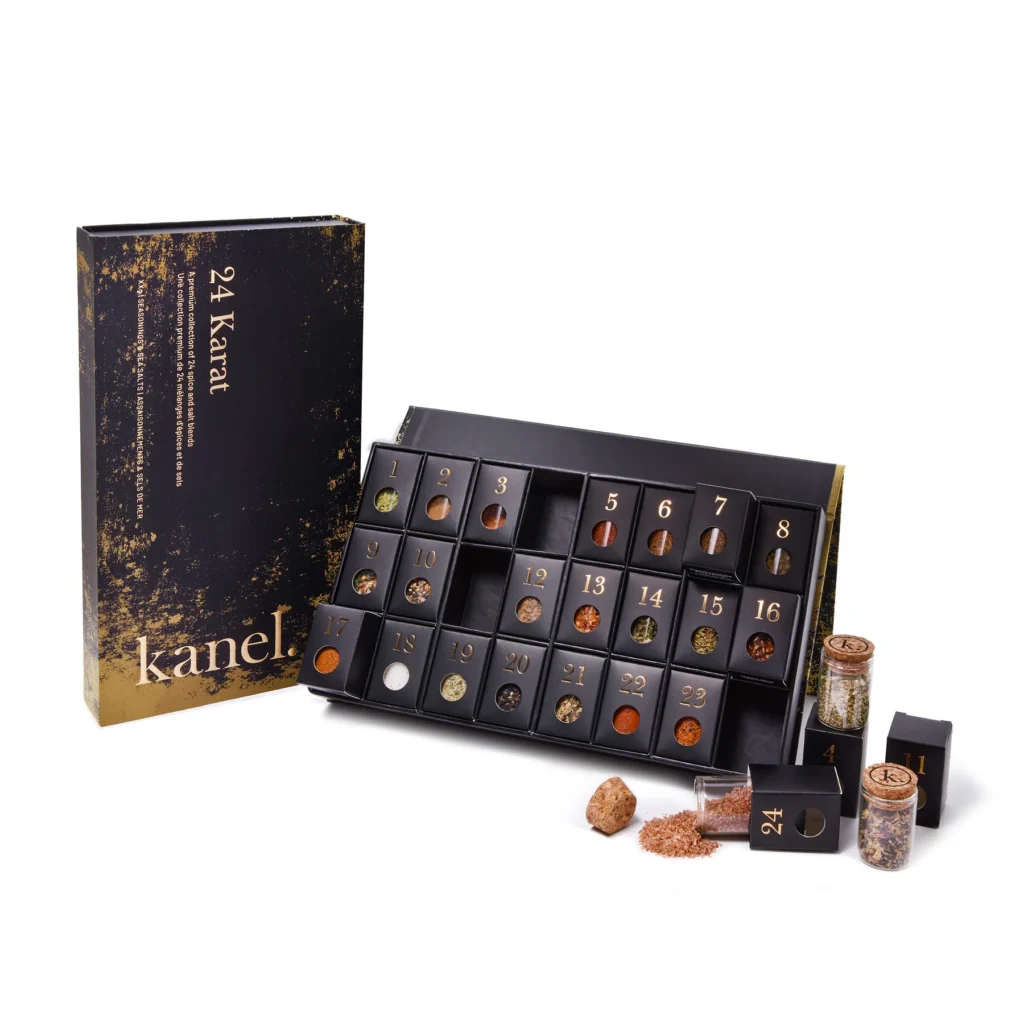
Speaking of interesting food calendars that will take me longer than one month to finish, this one is just spices! It also comes with recipes, but possibly is more designed for entertaining? That’s what I’m gathering from their description.
